Following interview by Li Wei (李伟) et Yuhui Liao-Fan.
Yuhui Liao-Fan: What does “photography” mean to you?
Li Wei: Photography is simply taking photos. The world I have sensed, the moments that I have experienced, the people I have met. I use photography to record all of them.
Yuhui Liao-Fan: Can you write a biographical introduction?
Li Wei: I was born in Huhhot, Inner Mongolia in 1976. I was graduated from Communication University of China in 2001 majoring in communication engineering. Currently I work and live in Beijing as a freelance photographer.
Yuhui Liao-Fan: What is your history as a photographer?
Li Wei: I became interested in photography when I was in university. After I worked for a few years I quit my job and became a freelance photographer.
Yuhui Liao-Fan: Can you describe your work? How would you define your photographs?
Li Wei: Recently I took a series of photographs of my hometown Inner Mongolia; it records the life of the minority people living in the border area of China.
Yuhui Liao-Fan: Can you say a few words about your technique?
Li Wei: I use a Mamiya RB67 and 120mm colour film to take photographs. The portraits and landscape are all presented in a relatively quiet way. I make very simple adjustment after the film is scanned.
Yuhui Liao-Fan: Does the technical aspects that you mentioned are important or what really matters is only the final result?
Li Wei: I emphasize more about the idea that the work itself delivers.
Yuhui Liao-Fan: How do you approach strangers? Do you ask if they accept to be photographed or otherwise you try not to be noticed? What are their typical reactions?
Li Wei: For some people I might have simple conversations with them before I take photographs; but sometimes I just photograph them without notifying beforehand.
Yuhui Liao-Fan: When you are working in China, do you think that being Chinese and -as a consequence- to have a certain invisibility compared to a foreign photographer, is a major advantage?
Li Wei: I don’t think the invisibility is that important. Taking photographs is a rather obvious activity, and many foreign photographers have also created excellent works in China.
Yuhui Liao-Fan: A lot of photographers complain about the actual situation of documentary photography. Do you think that reportage has a major crisis now and why? What an be a possible solution?
Li Wei: I have never actually thought about issues like the crisis of documentary photography today. I would rather focus on taking my photographs, since those issues are not in my control at all.
Yuhui Liao-Fan: Do you think that the Chinese contemporary photography is different from the Western one? If yes what are those differences and how do you explain them? Do you think we can speak of a “Chinese school” or photography today is globalized?
Li Wei: It’s definitely different. I believe that photography does bear a geographical nature – from the content that is photographed, to the cultural differences.
Yuhui Liao-Fan: Your point of view is quite interesting. At this time I already interviewed at least a dozen photographers and their response was rather the opposite: culture influences people’s minds, but the practice of photography in China and the West is significantly the same. Can you deepen this important argument? What are the profound cultural differences that you mention?
Li Wei: The basic function of photography is to reflect the social reality. The contemporary photography in China certainly has many photographs about China, in my opinion, this differs from the European photography and American photography. In addition, when we talk about the cultural difference, the oriental aesthetic prefers the spirit of Zen; therefore I think the cultural essence of many photographers is still quite Chinese.
Yuhui Liao-Fan: How Chinese photography has evolved over the years? How would you describe the recent history of photography in China?
Li Wei: From my understanding of the contemporary photography in China, it was used as a tool of propaganda by mass media since New China was founded, and then it evolved to landscape photography, then to documentary photography, and now it is becoming more individualistic, with a more diverse way of expression.
Yuhui Liao-Fan: What do you like and dislike in the contemporary Chinese photography?
Li Wei: I don’t like many conceptual photographies; I think they are totally nonsense.
Yuhui Liao-Fan: Can you give a more specific? What are you referring to?
Li Wei: Outstanding photographs will have penetrating power in them. Much conceptual photography seems to be quite meaningless and is very rigid and arbitrary. Without referring to the text illustration, you will not have the faintest idea what it is about. Sometimes, even after you read the illustration, you still don’t know what is going on.
Yuhui Liao-Fan: Do you have a wish or a photographic dream, concerning yourself as well as the contemporary Chinese photography?
Li Wei: I can only talk about myself. I hope I have enough time and energy to take good photographs – that’s enough for me.
Yuhui Liao-Fan: Do you think is fundamental to live in a big and important city, or -for example thanks to Internet- the city in which you live is no longer a contraint?
Li Wei: It’s sure that Beijing and Shanghai are good places for development, because there are more exhibitions, which can help you open up your mind, and there are more art events. However, with the development of internet, geographic location is not a big restriction any more.
Yuhui Liao-Fan: Do you think it’s important to have a website or a blog? Is it is essential to have it translated into various languages? How the Internet contributes to the spread contemporary photography?
Li Wei: I think it is very important. A blog or personal website is a relatively fast and convenient way for other people to know your works. They can get a lot of information from it.
Yuhui Liao-Fan: What are your sources of reference for contemporary photography in China?
Li Wei: The books on photography are: the Documentary on Paper Series, which has published “Mai Ke” by Hou Dengke, “North, South” by Luo Dan, etc. Blog on photography: The blog of Ren Yue.
Yuhui Liao-Fan: Can you tell some names of Chinese photographers that you particularly like and why?
Li Wei: Lv Nan. Photography is self-cultivation, and I can sense the power of his inner world from his works.
Please visit Li Wei web site for more informations and photographs.

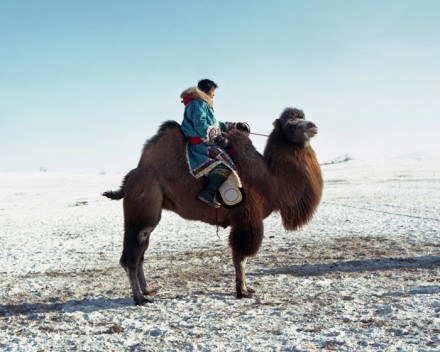
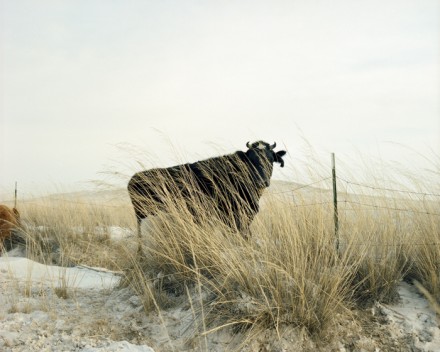
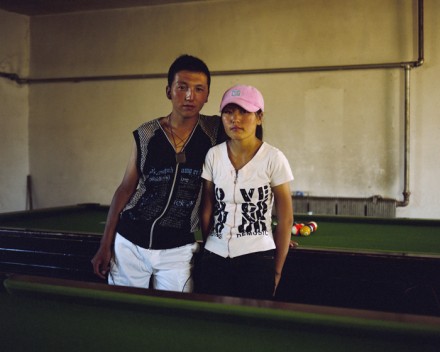
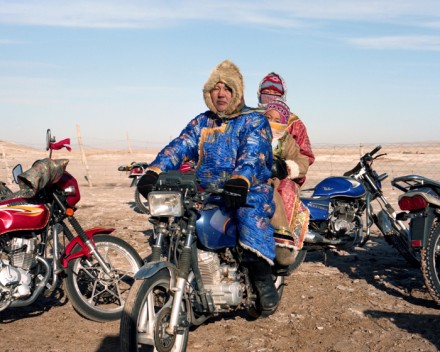
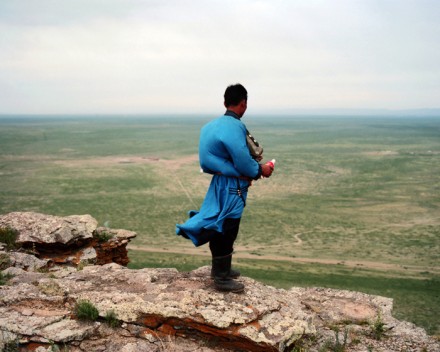
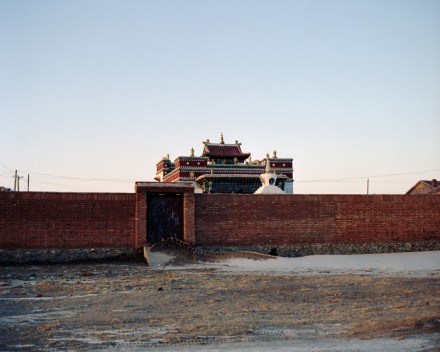
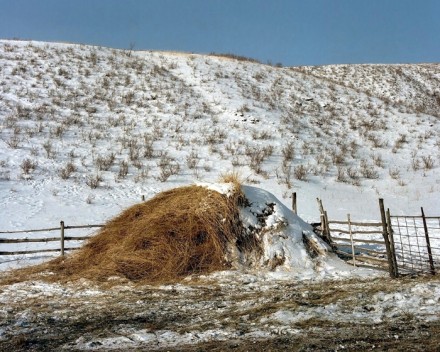
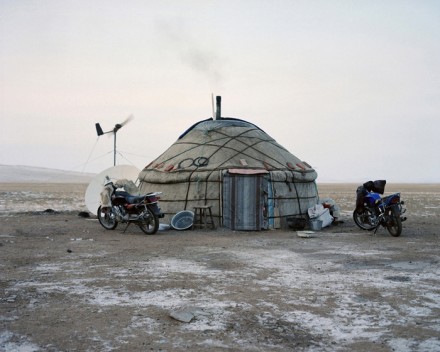
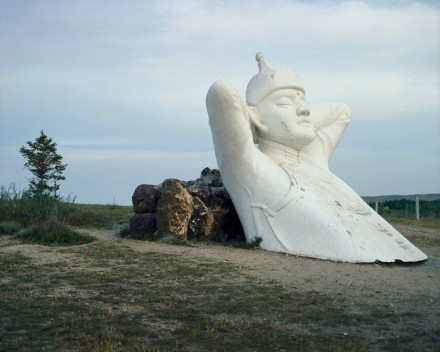
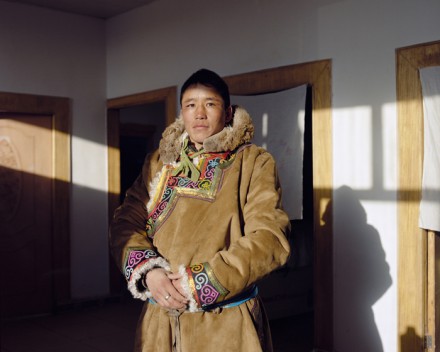
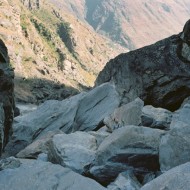
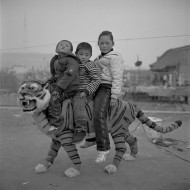
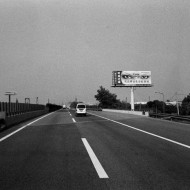
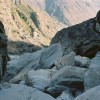
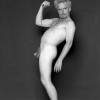
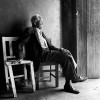


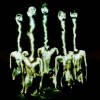
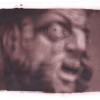
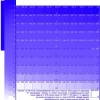

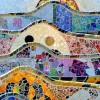
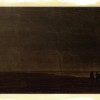
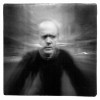
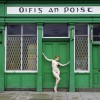
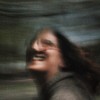
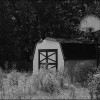

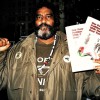


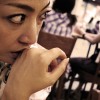

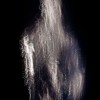
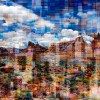
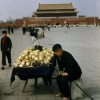
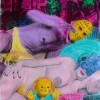






You can also subscribe to this post comments RSS feed.